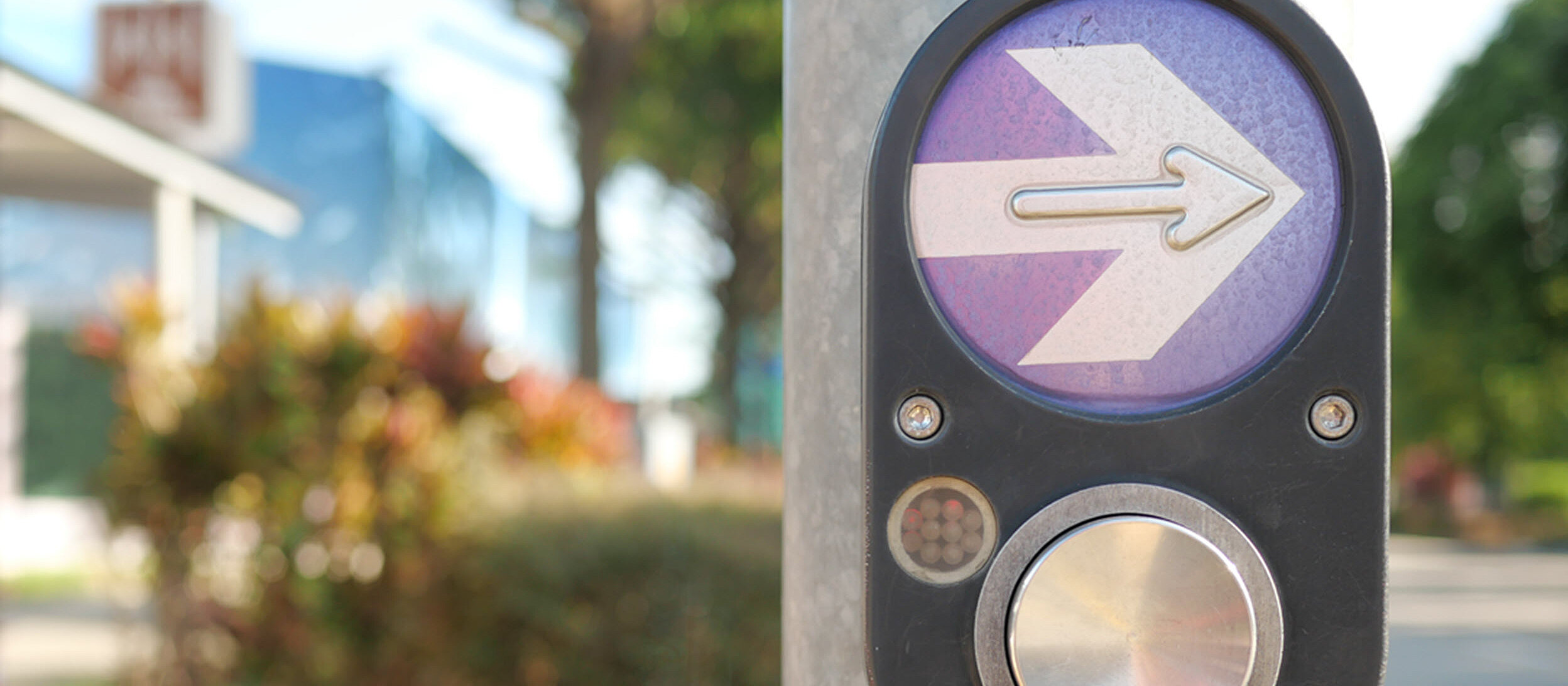Cash transactions in the crisis of the contractual partner are insolvency-proof
The BGH has again confirmed its case law according to which legal transactions are valid under certain conditions with insolvent companies even if the contracting party is aware of the illiquidity or even the filing of an application for insolvency proceedings. However, there are many pitfalls to consider when drafting contracts.
Property conduct
The defendant, an international freight forwarder, carried out the import of furniture from China for the insolvency debtor. The plaintive insolvency administrator had been appointed as preliminary administrator on 14 October 2011. On October 17, 2011, he sent written confirmations to the customers that services rendered by the defendant from October 18, 2011 would be paid from a separate escrow account. After the defendant had accepted two orders from the debtor on 8 December 2011, the insolvency debtor withdrew its insolvency application on 28 December 2011. The defendant carried out the freight transactions at the turn of the year 2011/2012 and invoiced them on January 2, 2012. In a letter dated January 2, 2012, the insolvency debtor announced the withdrawal of the defendant's insolvency application promised to hold talks about outstanding invoices and their payment. Payment on the outstanding invoices was made on January 11, 2012. On January 23, 2012, the debtor filed for insolvency again and the plaintiff was appointed as insolvency administrator on February 1, 2012. He demands repayment of the payment of January 11, 2012 because the defendant had recognized the illiquidity of the debtor due to the previous insolvency application. The requirements for contesting are therefore fulfilled.
Decision
The Regional Court dismissed the legal action of the insolvency administrator, as he had created an element of trust by his assurance of October 17, 2011.The Court of Appeal quashed the judgment and sentenced the defendants in accordance with the application. By withdrawing the insolvency application alone, the defendant could not assume that the insolvency that had occurred had been eliminated. This follows from the letter of 2 January 2012 with which the insolvency debtor has just indicated that these problems have not been eliminated. The plaintiff's conduct was not in breach of trust because the payment by the insolvency debtor had been made at a time when the administrator had not been appointed.
The BGH overturned the appeal judgment and dismissed the legal action finally. It justified this with the existence of a so called “Bargeschäft” (cash transaction). So called cash transactions are present if equivalent services are exchanged in a direct temporal connection (usually a maximum of 14-30 days between delivery and payment, depending on the individual case). However, the Federal Court of Justice has limited this non-contesting if the creditor could see that the debtor aggravates the financial situation even by continuing the business activity because it is permanently unprofitable. Such findings regularly require concrete insight into the insolvency debtor's figures. The insolvency administrator has the burden of proof for this. In the present case, the administrator had not submitted any such evidence, so that the knowledge of the defendant had to be rejected.
Practice information
Business relations can also be continued with insolvent companies. However, in order to avoid a possible later rescission, the current business transactions must be converted to so-called "cash transaction" and, in addition, no information on the actual economic situation must be obtained (e.g. query of the current BWA). This additional knowledge (if the figures are actually negative) would lead to a contestability despite the existence of a cash transaction. However, as a precautionary measure, the administrator should always be requested to waive the right to contest the transaction. If the immediate exchange of services cannot be maintained (e.g. due to delays in delivery caused by late performance by own suppliers, there are 32 days between performance and payment), the payment can be contested without this waiver. In addition, advance payment should always be used.
(BGH, ruling of 19 September 2019 - IX ZR 148/18)
Ansgar Hain, Attorney and Insolvency Administrator
Berlin

Subscribe to our GvW Newsletter here - and we will keep you informed about the latest legal developments!




